Williams convicted of second-degree murder
By Bob Steenson, bsteenson@charlescitypress.com
A Floyd County jury convicted Antoine Williams of murder in the second degree Wednesday morning.
Williams, 36, of Charles City, had been charged with first-degree murder in the shooting death of Nathaniel Fleming, 36, of Mason City. The shooting took place June 30 at the Clarkview Apartments in Charles City.
The jury deliberated for about half an hour Tuesday afternoon after getting the case, then about an hour and a half Wednesday morning before announcing it had reached a verdict. The trial had begun last Wednesday, Oct. 11.
The sentence for second-degree murder in Iowa is imprisonment for no more than 50 years, with a mandatory minimum period of 35 years before being eligible for parole, said Iowa Assistant Attorney General Coleman McAllister, who helped Floyd County prosecute the case. The penalty for first-degree murder in Iowa is mandatory life in prison.
District Court Judge Rustin Davenport said he couldn’t set a date for sentencing Wednesday morning because the state judicial computer system was down.
Williams was handcuffed and taken from the courtroom after the verdict was read and the proceedings concluded. Some family members and friends began sobbing in the courtroom when the verdict was announced.
Floyd County Attorney Rachel Ginbey said she was satisfied with the verdict, even though the jury had decided on second-degree murder rather than first-degree as charged.
“I think the jury took things seriously and looked at all the evidence and gave the time and I think it was a just result,” she said.
McAllister said he agreed.
“I think the jury listened to the evidence and in our system when the jury listens to the evidence and is fair to both sides, as I think this jury was, and renders a verdict that they think is just, then the state is satisfied and we believe it’s a just result,” he said.
Ginbey said she thought Williams’ confession to an Iowa Division of Criminal Investigation agent, when Williams was questioned in Cook County Jail in Chicago, plus the testimony of eyewitnesses likely had the most impact on the jury.
Nellie O’Mara and Steven Kloberdanz, Williams’ defense attorneys, both declined to comment after the verdict was read.
The prosecution had argued that Williams planned to kill Fleming the evening of June 30, although a motive was never clearly defined. Fleming had been dating William’s sister, and the two of them had been living with Williams in his apartment at Clarkview Apartments for about a month until just a few days before June 30.
The prosecution argued that Williams had retrieved a .380-caliber handgun from his apartment and waited in a parking lot of the apartment complex until Fleming returned, then confronted Fleming in his vehicle, shot Fleming at least four times, pulled his body from the red SUV and then took off in the vehicle, first visiting a few family and friends in Charles City that night, then going to see friends in Waterloo who drove him to Chicago.
Williams turned himself in to Chicago police on July 5 after learning an arrest warrant had been issued for him.
Williams’ attorneys argued that the shooting was in self-defense, that Williams was carrying a gun because Fleming had threatened to shoot him and others at the apartment complex, and that Williams only pulled out his gun and shot at Fleming after Fleming appeared to be reaching for a gun in his vehicle.
The difference between first-degree murder and second-degree murder has mostly to do with planning.
According to instructions Judge Davenport gave the jury, first-degree murder requires that the defendant “acted with malice aforethought” and also that he “acted willfully, deliberately, premeditatedly and with specific intent” to kill the victim, while second-degree murder requires that the defendant acted only “with malice aforethought.”
In non-legal terms, second-degree murder means that the defendant intended to kill the victim when he decided to shoot him, but he had not intended to shoot the victim before the encounter took place.
A jury of eight women and six men heard the case. Two of the women were dismissed as alternates before the jury began deliberating.
None of the members of the jury identified as being African-American. The defense had initially challenged the jury pool for the trial, arguing that it underrepresented African-Americans in the community and that the way jury pools are selected in Iowa systematically underrepresents black people.
Davenport had rejected that challenge. He said he agreed the state should look at ways to make sure African-Americans are better represented on jury pools, but he ruled that the Floyd County jury pool conformed to current Iowa law and he would “let the appellate courts decide” if the Iowa system needs to be changed.
PREVIOUS COVERAGE:
- Williams’ fate in jury’s hands
- Defense witnesses describe Williams as gentle, non-violent
- Judge says ‘stand your ground’ law won’t apply in Williams trial
- Witness says he saw last shots fired in Charles City murder case
- Williams trial begins; attorney says shooting was self-defense
- Judge rules against jury race challenge; trial to begin
- Jury’s racial makeup at issue in Williams trial
- Williams trial for murder will remain in Floyd County
- Williams pleads not guilty to murder charge

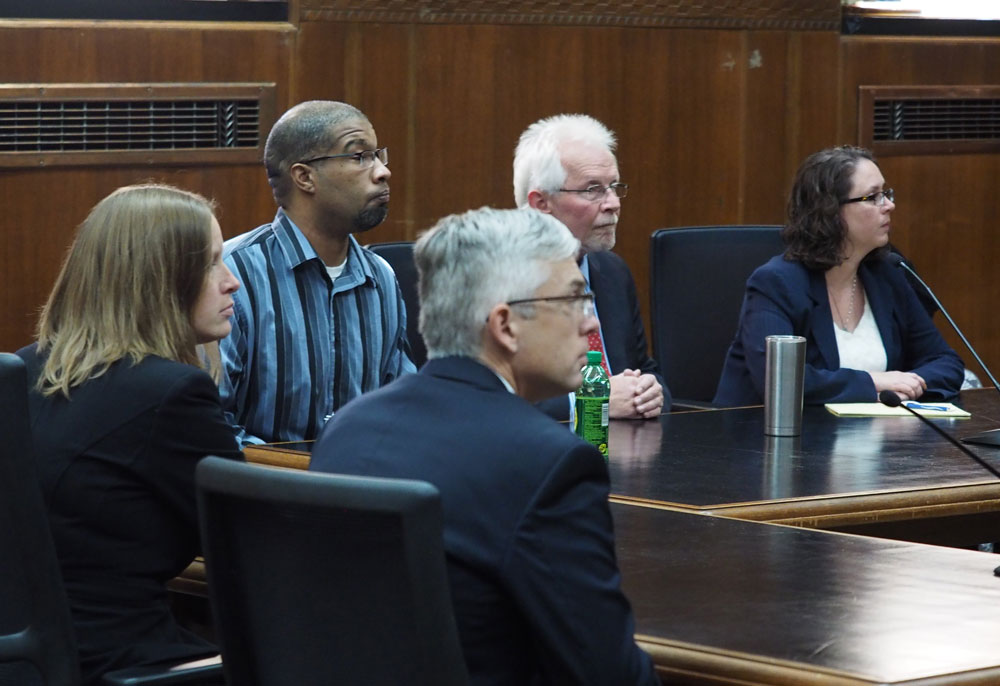
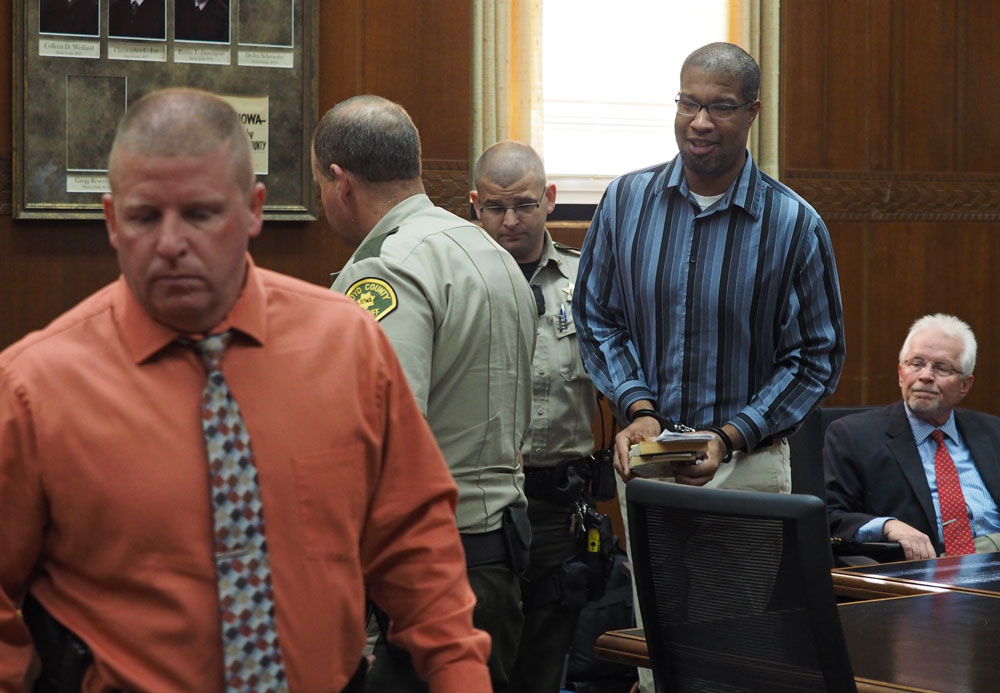
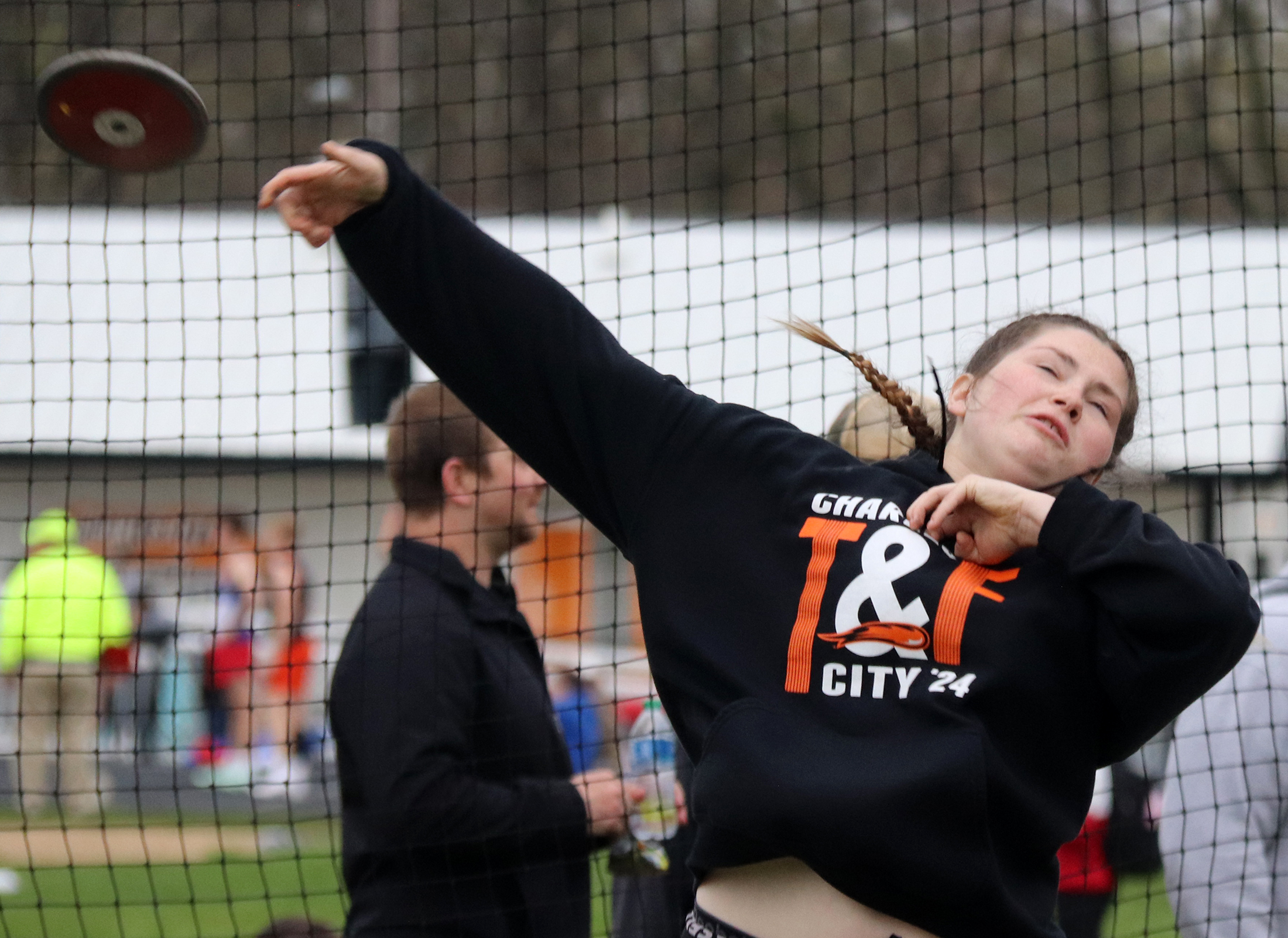
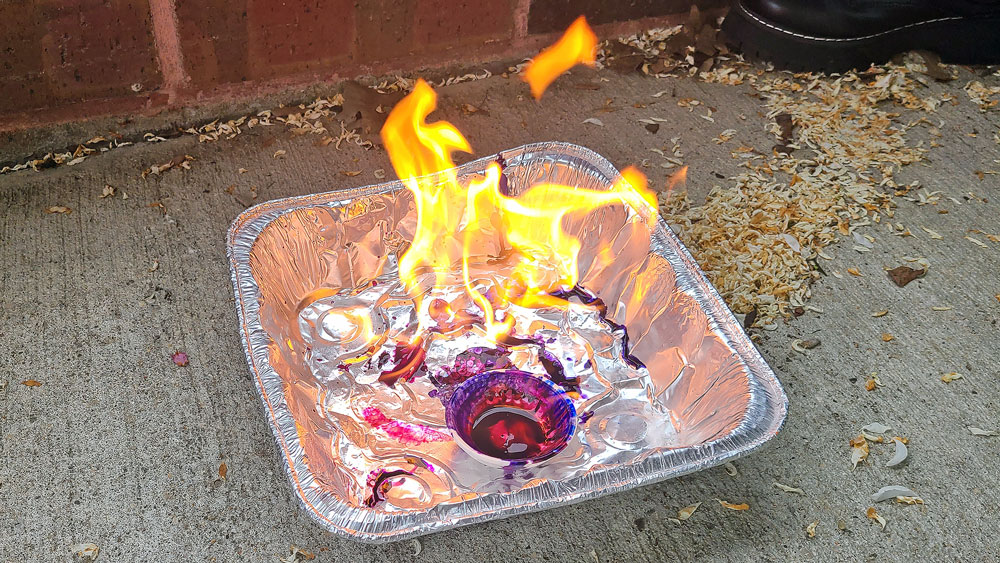
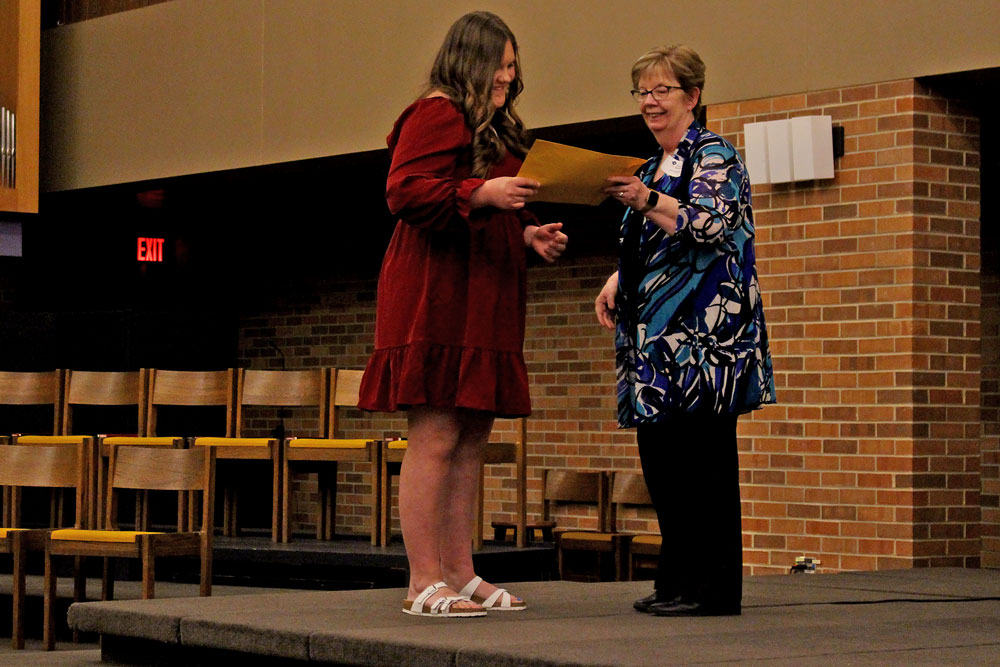
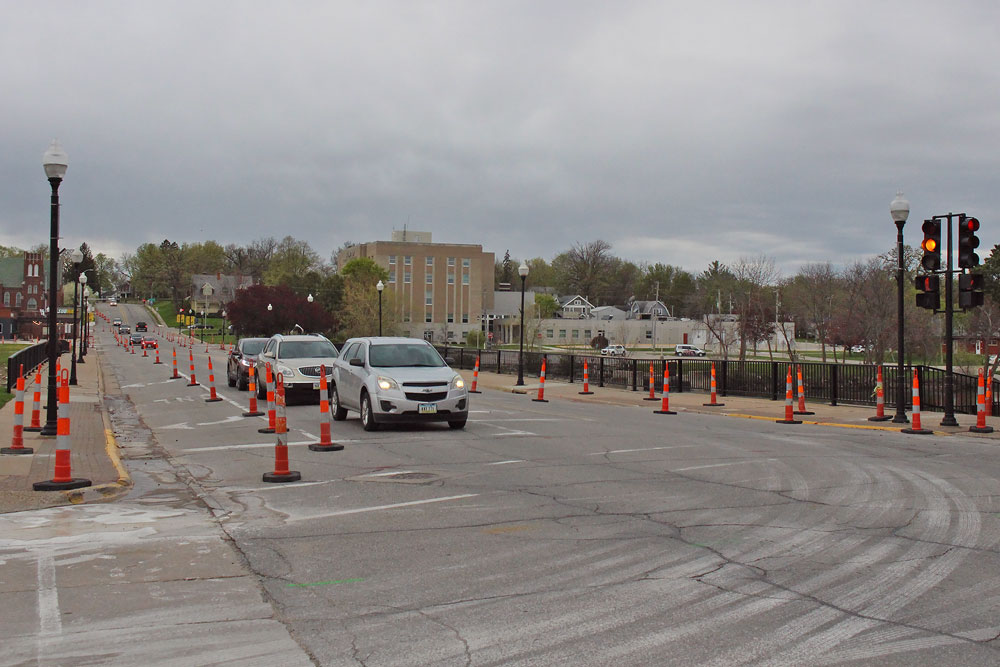
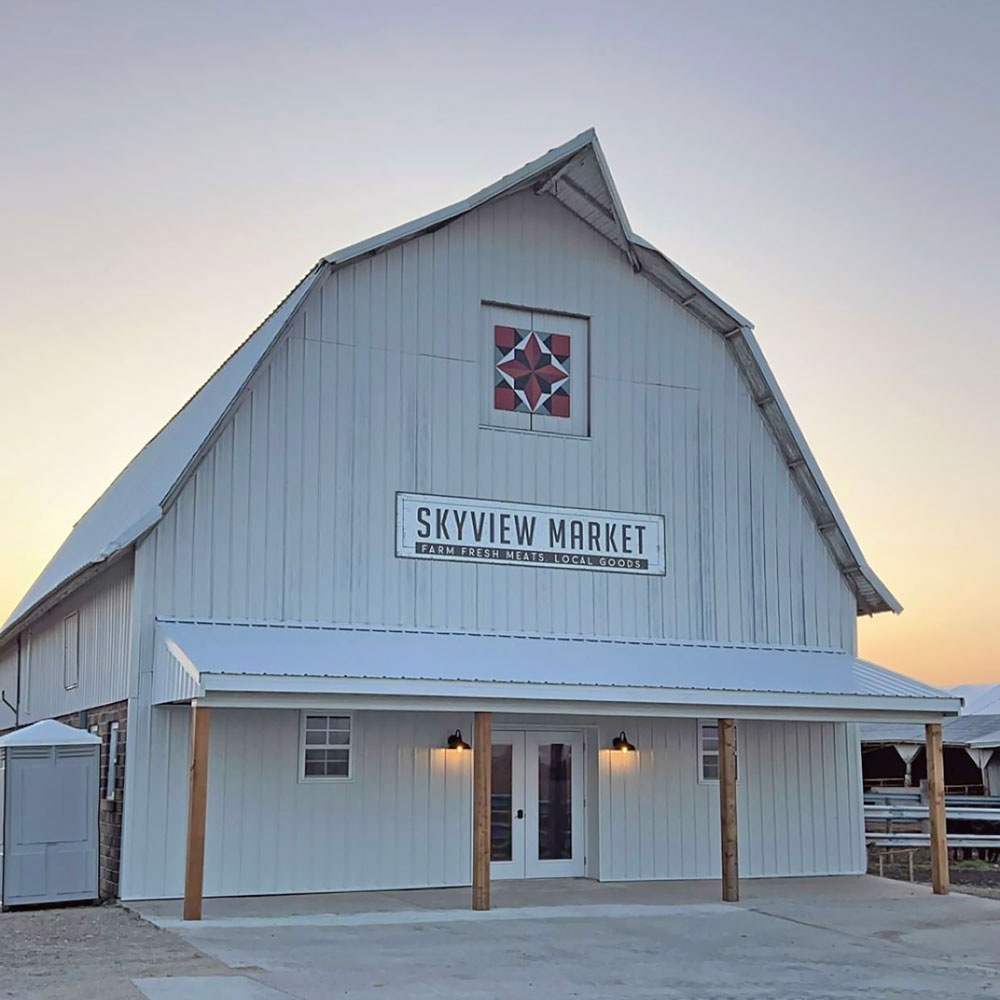



Social Share